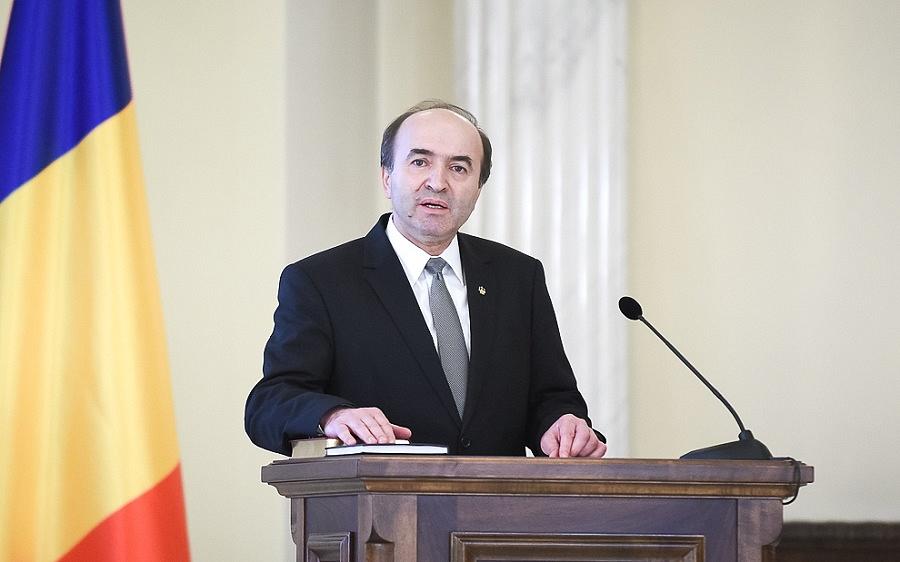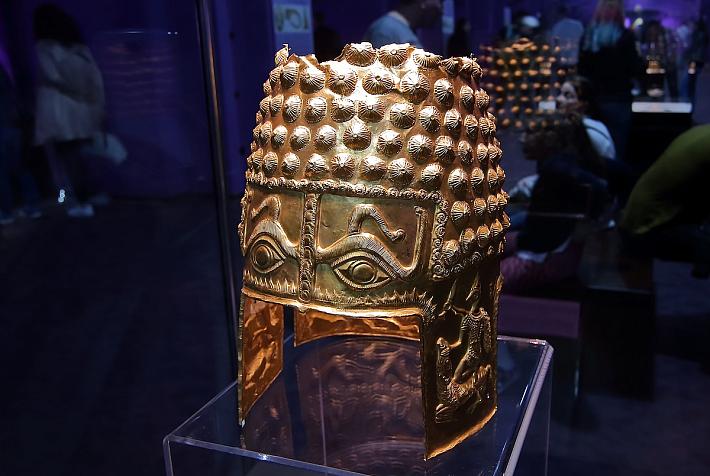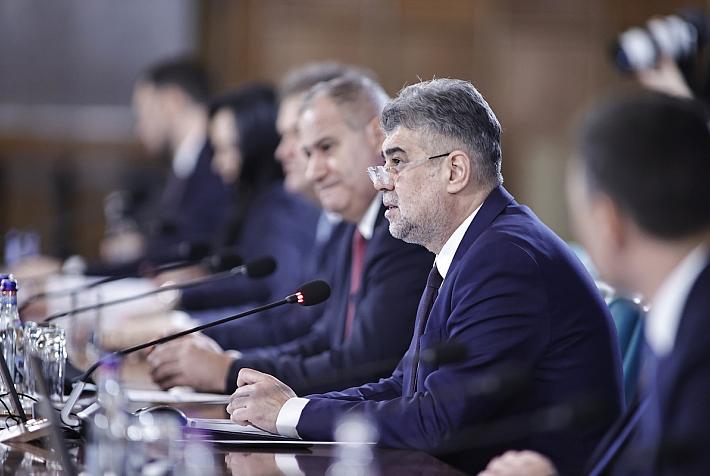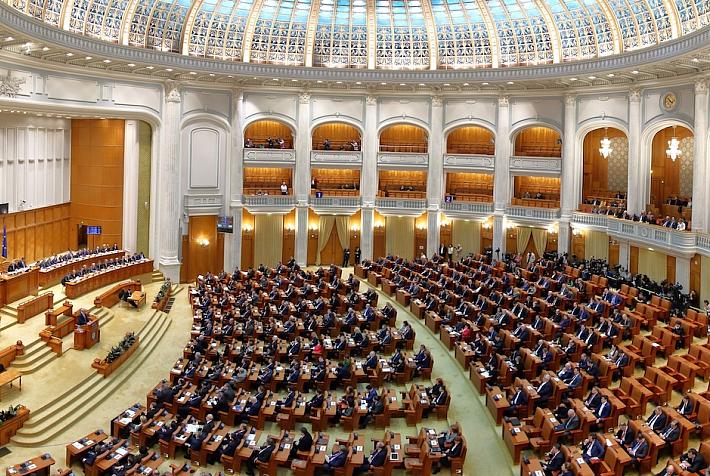Romania’s justice minister keeps general prosecutor and chief-anticorruption prosecutor despite negative report

Romania’s justice minister Tudorel Toader presented yesterday a negative report on the activity of the general prosecutor Augustin Lazar and chief anti-corruption prosecutor Laura Codruta Kovesi but concluded that it’s not the right time to start the procedure to revoke the two. However, the justice minister said he would closely monitor the activity of the General Prosecutor’s Office and that of the National Anticorruption Directorate (DNA).
“After evaluating all the constitutionality, legality, and opportunity factors, I determined that, at the moment, it’s not advisable to start the institutional mechanism to revoke the general prosecutor and the DNA chief prosecutor,” Toader said on Wednesday evening, at the end of a 45-minute press conference in which he presented his report on the activity of the two chief prosecutors.
The minister’s report criticizes in unequivocal terms the activity of the two prosecutors, which is why some commentators considered the conclusion did not reflect the report’s content.
Tudorel Toader took over as justice minister at the end of February after his predecessor Florin Iordache resigned from the Sorin Grindeanu cabinet after the scandal related to the emergency ordinance 13 (OUG 13) that aimed to change the country’s criminal code. The ordinance, which partly decriminalized some corruption offences, was adopted in a late cabinet meeting on January 31 and sparked the biggest street protests Romania has seen in years.
President Klaus Iohannis, Romania’s general prosecutor Augustin Lazar, and DNA’s chief prosecutor Laura Codruta Kovesi all criticized the ordinance, which they claimed weakened the rule of law in Romania and significantly impacted the rule of law in Romania. They also hinted that the ordinance’s sole purpose was to help some local politicians clear their criminal records of corruption charges such as abuse of office. One of the ordinance’s beneficiaries was Liviu Dragnea, the leader of the governing Social Democratic Party (PSD).
The National Anticorruption Directorate (DNA) immediately started an investigation on the circumstances in which the Justice Ministry promoted this ordinance and the Government adopted it. The prosecutors wanted to find if the ordinance had indeed been drafted to serve the PSD leader and other members of the governing parties. They found no evidence to support this, but determined several other offences related to the way the ordinance had been promoted, including presenting inexact facts in bad faith, tempering and destroying evidence and official documents, and forgery. The DNA sent the case to the General Prosecutor’s Office, and the general prosecutor said he would continue the investigation.
Meanwhile, the Government decided to repeal the controversial ordinance after the massive street protests in Bucharest and other big cities in Romania.
At the beginning of March, Romania’s Constitutional Court (CCR) ruled that the DNA had no authority to investigate a Government bill and that, by doing so, the prosecution institution had violated the Constitution. After the CCR decision, justice minister Tudorel Toader said he would evaluate the general prosecutor’s and the chief anti-corruption prosecutor’s activity. His evaluation was strictly related to the investigation on OUG 13.
In his report, the justice minister says that DNA’s investigation of OUG 13 was a “sideslip”. “[I have found] that DNA’s actions were exaggerated, to say the least, and these sideslips have triggered negative reactions. What is certain is that the Romanian society lived this collective emotion and had this concern about the law-making process, on one side, and the rule of law principles, on the other side,” Toader said. “We can’t allow that in the name of defending one principle to violate another protected principle,” he added.
He also said that DNA’s investigation has blocked the Government’s activity, due to fears that other cabinet decisions might be investigated. However, he pointed out that the Constitutional Court’s decision has put things back in place and that it was not necessary to ask for the resignation of the two top prosecutors.
The justice minister also said that he made the evaluation himself and was not in any way influenced or pressured by anyone in reaching his conclusions.
The minister was in Brussels on Tuesday to meet the first vice-president of the European Commission Frans Timmermans, with whom he discussed about Romania’s progress in justice reform and in the fight against corruption, and about the cooperation between Romania and the EC towards lifting the Cooperation and Verification Mechanism (CVM). Frans Timmermans was one of the main critics of the Romanian Government’s ordinance on justice in early February.
The justice minister also met with U.S. Ambassador Hans Klemm on Monday, the same day that the minister called DNA’s chief prosecutor Laura Codruta Kovesi to talk about the evaluation. The U.S. Embassy to Bucharest has also been a strong supporter of the fight against corruption in Romania, in general, and of DNA chief prosecutor, in particular.
Thus, some local commentators believe that the two meetings may have influenced to some extent the minister’s final decision.
However, the minister’s report says that the procedure to revoke the two top prosecutors can still be initiated if the results of the future monitoring of their activity are negative.
editor@romania-insider.com












